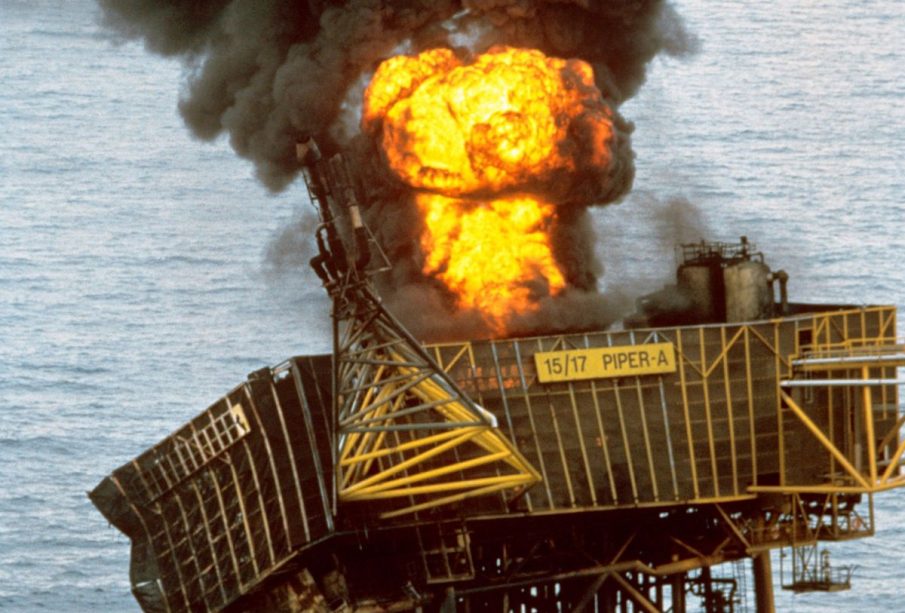Reflecting on the Piper Alpha Disaster and Its Impact

Introduction
The Piper Alpha disaster, which occurred on July 6, 1988, remains one of the most catastrophic oil rig accidents in history. With the loss of 167 lives, it serves as a grim reminder of the importance of safety protocols in the oil and gas industry. The incident ignited major changes in safety legislation and procedures, making it a pivotal event for industry standards globally.
Details of the Disaster
Piper Alpha was an oil platform located in the North Sea, operated by Occidental Petroleum. The disaster unfolded after a gas leak ignited, leading to a massive explosion. The rig was not prepared for such an occurrence, with key safety procedures having been bypassed during maintenance work. Many workers did not receive proper evacuation training, complicating rescue operations. In addition to the immediate loss of life, the explosion led to extensive environmental damage and affected countless families connected to those who perished.
The Aftermath
In the wake of the disaster, the UK government initiated a comprehensive public inquiry, led by Lord Cullen. The inquiry revealed inadequacies in safety measures and compliance protocols. It resulted in the Cullen Report, which outlined numerous recommendations aimed at improving safety standards, not only on offshore platforms but across the entire oil and gas sector. Significant recommendations included the need for better training, stricter regulations, and the implementation of more robust emergency response systems.
Changes in Safety Protocols
The Piper Alpha incident prompted a paradigm shift in the offshore industry. Regulatory bodies around the world introduced stricter safety standards and procedures. The Health and Safety Executive (HSE) in the UK adopted the recommendations from the Cullen Report, implementing measures that have since heightened safety and emergency preparedness across the industry. The changes established a precedent for regular safety audits, improved worker training, and enhanced communication protocols during emergencies.
Conclusion
The legacy of Piper Alpha extends beyond its immediate tragedy. It transformed safety regulations and practices in the oil and gas industries, fostering a culture that prioritises safety and preparedness. The incident serves as a crucial reminder of the need for continual vigilance in operational safety, ensuring that the mistakes of the past are not repeated. As the industry evolves with new technologies, maintaining robust safety standards remains essential to protect lives and the environment. Piper Alpha will always stand as a sentinel for safety awareness in the oil sector.








